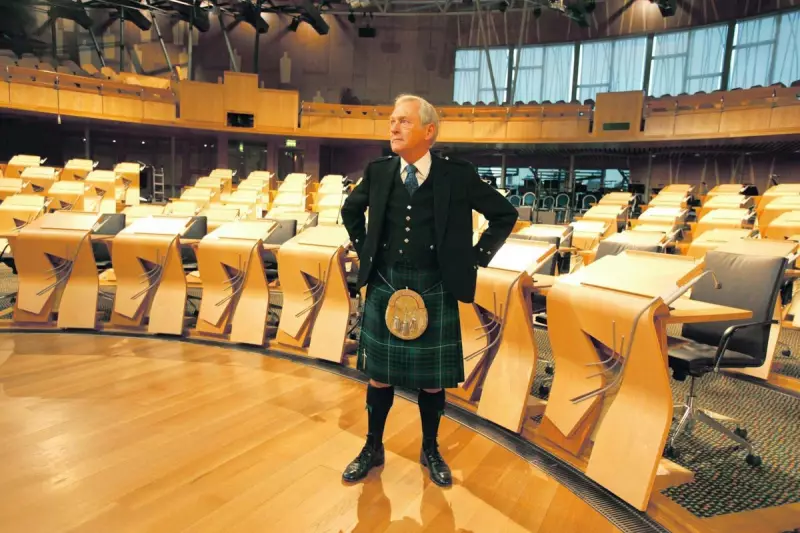
Scotland's Deputy First Minister, John Swinney, delivered a stirring speech in the Scottish Parliament, drawing parallels between the urgency of the 1985 Live Aid crisis and today's political landscape. His address, laden with emotion and conviction, called for immediate action to address pressing issues facing the nation.
A Speech That Echoed Through Holyrood
Swinney's words resonated deeply within the chamber, as he invoked the iconic imagery of Michael Buerk's BBC report on the Ethiopian famine—a moment that galvanised global action nearly four decades ago. The Deputy First Minister argued that Scotland now faces its own existential challenges, requiring a similar collective response.
Key Points from Swinney's Address
- Urgency in policymaking: Highlighted the need for swift action on critical issues
- Historical parallels: Drew comparisons between current challenges and past crises
- Call for unity: Emphasised the importance of cross-party cooperation
- Constitutional focus: Addressed ongoing debates about Scotland's future
The Political Context
The speech comes at a pivotal moment for Scottish politics, with intense debates surrounding devolution, constitutional matters, and economic recovery post-pandemic. Swinney's rhetoric appeared carefully crafted to appeal both to his political base and to those seeking statesmanship during turbulent times.
Observers noted the Deputy First Minister's deliberate use of emotive language and historical references, a strategy designed to cut through the usual political noise and capture public attention. Whether this approach will translate into concrete policy outcomes remains to be seen.





